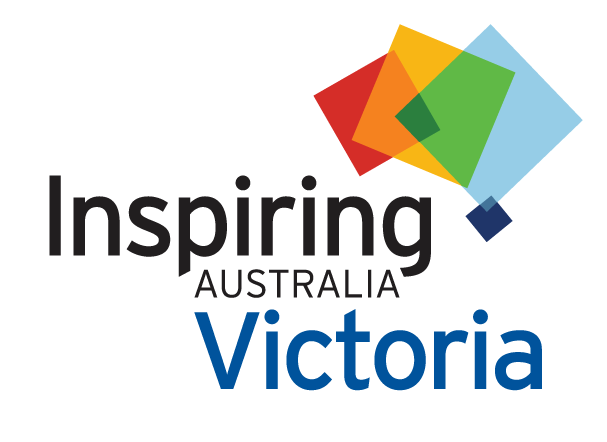Schools Event: International Day of Women and Girls in Science
Get a sneak preview of what lies ahead for young women considering a career in the sciences and join the discussion.
Get a sneak preview of what lies ahead for young women considering a career in the sciences and join the discussion.
Focussing on the convergence of knowledge traditions: traditional European farming practices, ecological sciences based on European classification systems, and the complex Australian Indigenous knowledge systems developed and maintained over a truly astonishing stretch of time, offering a deep cultural understanding and relationships with "country" to help us determine our common future in Australia.
Untangling the knots in our system that frustrate beneficial change, from the fixed thinking enforced by our political culture to the slow-changing traditions of agricultural land management and business practices founded in European soils and ecosystems.
Seeking a new model for the management of Australian landscapes so our natural systems are conserved and regenerated for future generations. Join the Royal Societies of Australia and Inspiring Victoria…
Are this region's forests able to persist under the onslaught of climate-driven disturbance? Forest ecologist and silviculturist Professor Patrick Baker argues we need to consider whether there is a role here for forest management and, if so, what that might look like.
Dr Richard Marchant and Dr Melody Serena will discuss the factors vital to maintain healthy platypus populations, based on over 30 years research in Victoria and NSW.
The current trajectory of the Earth System is a rapid exit from the Holocene, accelerating towards a much hotter climate system and a degraded, ill-functioning biosphere.
As part of the Midsumma Festival, QueersInScience is presenting a two-part lecture series displaying the amazing work of queer scientists in Australia.
Dr Rebecca McIntosh Mr Ross Holmberg Join Dr Rebecca McIntosh and Ross Holmberg from the Phillip Island Nature Parks team as they prepare to launch the annual SealSpotter Challenge, when citizen scientists around the globe jump online to count Australian fur seals and contribute to vital conservation research. The SealSpotter program allows…
We are drowning in bad news. Two pages into the (1000pg) United Nations Global Assessment of Biodiversity and Ecosystem Services and you’ll be pleading for Tolstoy. Even David Attenborough…
New spatial technologies - like remote sensing, global positioning systems, ground based sensors, monitoring and other ICT interventions - are set to revolutionise our understanding of our forests and…
T cells are specialised immune cells that are central to the complex, adaptive immune response to infection and disease. T cells are “trained” to recognise specific fragments or components of…
The Victorian Inspiring Australia program is a community-focused initiative led by the Royal Society of Victoria, in partnership with the Commonwealth Government and the State Government of Victoria.
We acknowledge the First Peoples of Victoria and the essential ancestral knowledge held, recovered and enacted by Elders. We acknowledge that this land and its millennia-old relationship with First Peoples was never ceded. We acknowledge the many injustices suffered by the knowledge keepers and Custodians of Country through the disrespectful actions and attitudes of early members of the Victorian scientific community. We express our sincere regret for the ignorance and bigotry of those who preceded us.
Copyright Royal Society of Victoria. 2025 - All Rights Reserved
